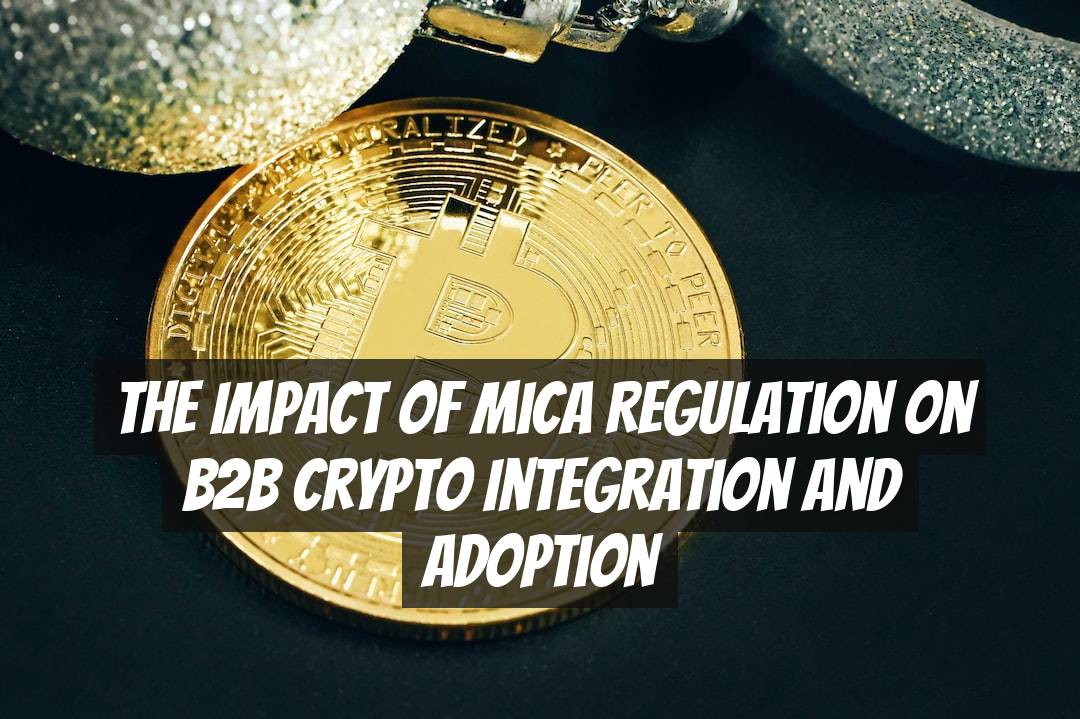MiCA Regulation – A Catalyst for B2B Crypto Integration and Adoption
The recent crackdown by the SEC on major crypto industry players has highlighted the need for official crypto regulation. While cryptocurrencies have gained popularity, the absence of a regulatory framework hinders their broader adoption. The MiCA (Markets in Crypto-Assets) framework, ratified by the European Parliament, aims to regulate crypto-assets and related activities within the EU. It introduces comprehensive rules to increase transparency and protect investors. MiCA’s uniform regulation across the EU reduces market fragmentation and provides certainty for businesses and institutional investors. It also requires issuers of crypto-assets to obtain licenses, ensuring only compliant projects enter the market. MiCA sets the foundation for increased crypto adoption by providing legal clarity, enhancing investor protection, and promoting trust in the industry. The EU’s example may inspire regulators globally to improve the crypto regulatory climate.
Hot Take
The MiCA regulation is a significant step towards the mass adoption of cryptocurrencies. By establishing clear rules and investor protection, it creates a favorable environment for businesses to confidently integrate crypto-assets into their operations. The uniform regulation across EU member states reduces uncertainty and promotes trust in the crypto industry. With the EU leading the way, we can expect a new wave of crypto adoption among B2B players in Europe. Hopefully, other jurisdictions will follow suit, further improving the global crypto regulatory climate.
Continue reading on Dailyhodl.com

